Search titles
Displaying results 81 to 90 of 111.

Archaeological Science Under a Microscope »
Studies in Residue and Ancient DNA Analysis in Honour of Thomas H. Loy
Edited by: Michael Haslam, Gail Robertson, Alison Crowther, Sue Nugent, Luke Kirkwood
Publication date: July 2009
These highly varied studies, spanning the world, demonstrate how much modern analyses of microscopic traces on artifacts are altering our perceptions of the past. Ranging from early humans to modern kings, from ancient Australian spears or Mayan pots to recent Maori cloaks, the contributions demonstrate how starches, raphides, hair, blood, feathers, resin and DNA have become essential elements in archaeology’s modern arsenal for reconstructing the daily, spiritual, and challenging aspects of ancient lives and for understanding human evolution. The book is a fitting tribute to Tom Loy, the pioneer of residue studies and gifted teacher who inspired and mentored these exciting projects.

Precedence »
Social Differentiation in the Austronesian World
Edited by: Michael P. Vischer
Publication date: May 2009
This collection of papers is the sixth volume in the Comparative Austronesian series. The papers that comprise this volume examine the concept of precedence as a form of local discourse and as a mechanism for ordering status, at different levels, within specific Austronesian-speaking societies. This is the first volume of its kind to focus entirely on precedence and to provide an explication of its social uses and the way in which it is contested. Each paper is ethnographically-focused and offers its own distinctive approach to the examination of precedence. The papers, however, relate closely to one another and are thus able to proffer a variety of comparative reflections.

Dictatorship, Disorder and Decline in Myanmar »
Edited by: Monique Skidmore, Trevor Wilson
Publication date: December 2008
Mass peaceful protests in Myanmar/Burma in 2007 drew the world’s attention to the ongoing problems faced by this country and its oppressed people. In this publication, experts from around the world analyse the reasons for these recent political upheavals, explain how the country’s economy, education and health sectors are in perceptible decline, and identify the underlying authoritarian pressures that characterise Myanmar/Burma’s military regime.

Islamising Indonesia »
The Rise of Jemaah Tarbiyah and the Prosperous Justice Party (PKS)
Authored by: Yon Machmudi
Publication date: November 2008
The Prosperous Justice Party (PKS) is the most interesting phenomenon in contemporary Indonesian politics. Not only is it growing rapidly in membership and electoral support, it is also bringing a new and markedly different approach to Islamic politics, one which has no precedent in Indonesian history.
Understanding PKS and analysing its political behaviour presents challenges to scholars and observers. This is partly due to the fact that the party represents a new trend within Indonesian Islam which has few parallels with preceding movements.
Yon Machmudi has rendered us a valuable service. In this book, he provides a thoughtful and authoritative context for viewing PKS. He critiques the existing categorisations for Indonesian Islam and points to their inadequacy when describing the PKS and the campus-based Tarbiyah movement from which it sprang. He reworks the santri typology, dividing it into convergent, radical and global substreams. This offers new possibilities for explaining the PKS phenomenon and assists in differentiating between various types of Islamic revivalism in contemporary Indonesia. It also allows a more understanding of the accommodatory stance which PKS has towards the state and other political forces.
Yon’s text provides a good overview of the development of PKS from its Tarbiyah movement origins to its impressive success at the 2004 general elections. It considers the party’s attitude towards the issues of sharia implementation and community welfare and closes by examining the future challenges facing PKS.
It is a well written and authoritative account from a scholar who has done wideranging research on the party.
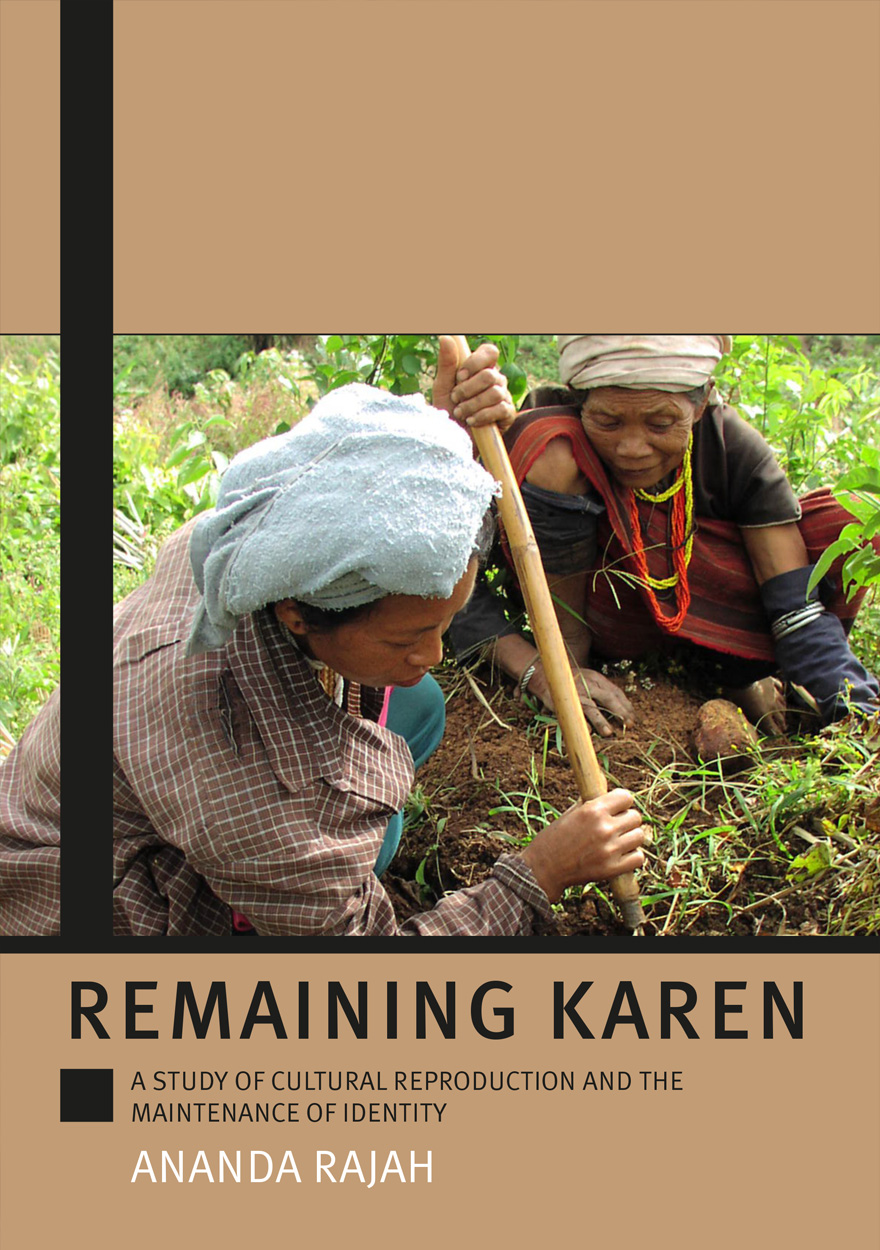
Remaining Karen »
A Study of Cultural Reproduction and the Maintenance of Identity
Authored by: Ananda Rajah
Publication date: November 2008
This publication of Remaining Karen is intended as a tribute to Ananda Rajah and his consummate skills as an ethnographer. It is also a tribute to his long-term engagement in the study of the Karen. Remaining Karen was Ananda Rajah’s first focused study of the Sgaw Karen of Palokhi in northern Thailand, which he submitted in 1986 for this PhD in the Department of Anthropology in the Research School of Pacific and Asian Studies at The Australian National University. It is a work of superlative ethnography set in an historical and regional context and as such retains its value to the present.
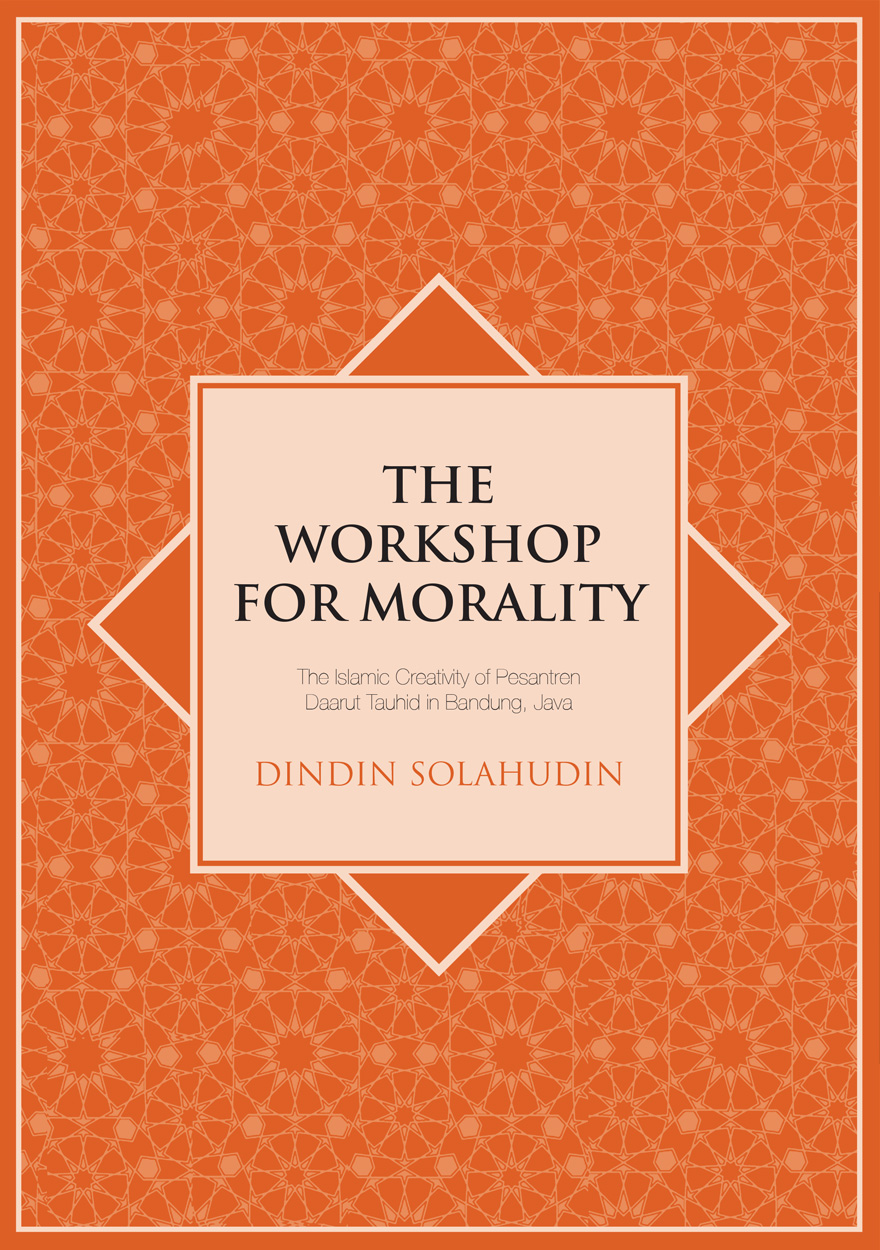
The Workshop for Morality »
The Islamic Creativity of Pesantren Daarut Tauhid in Bandung, Java
Authored by: Dindin Solahudin
Publication date: August 2008
This volume is a remarkable study of a most unusual pesantren. Officially known as Pesantren Daarut Tauhid, this pesantren was located in Bandung and flourished at the beginning of a period of Islamic resurgence in Indonesia. More commonly referred to as the Bengkel Akhlaq, this ‘Workshop for Morality’ exerted a special appeal to groups of young urban Muslims, particularly students. Its founder was H. K. Abdullah Gymnastiar, popularly known as Aa Gym, who later went on to become one of Indonesia’s most important Muslim preachers and television celebrities.
The Workshop for Morality is a superb work of both historical and ethnographic relevance that reflects the capacity of its author, Dindin Solahudin, to capture a critical moment in the development of Islam in contemporary Indonesian society.
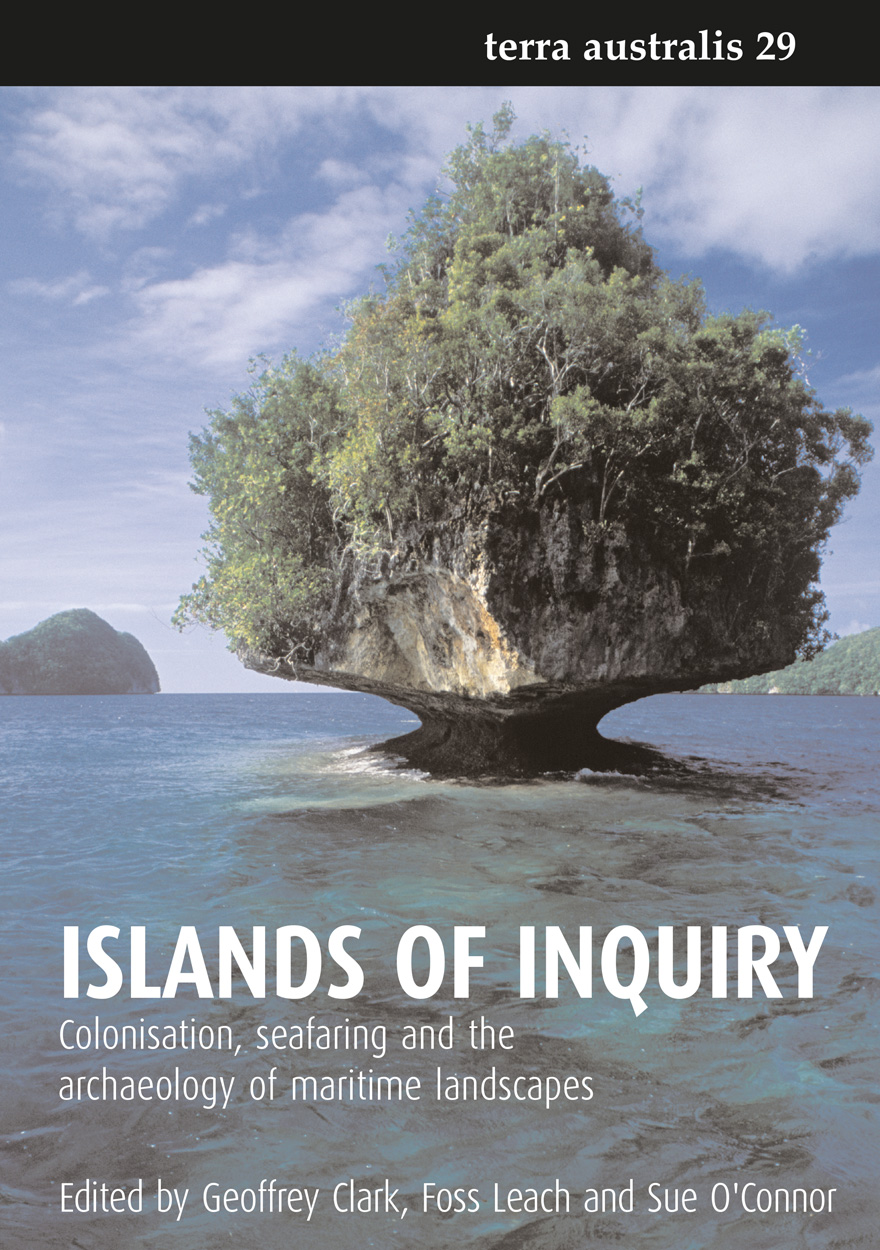
Islands of Inquiry »
Colonisation, seafaring and the archaeology of maritime landscapes
Edited by: Geoffrey Clark, Foss Leach, Sue O'Connor
Publication date: June 2008
This collection makes a substantial contribution to several highly topical areas of archaeological inquiry. Many of the papers present new and innovative research into the processes of maritime colonisation, processes that affect archaeological contexts from islands to continents. Others shift focus from process to the archaeology of maritime places from the Bering to the Torres Straits, providing highly detailed discussions of how living by and with the sea is woven into all elements of human life from subsistence to trade and to ritual. Of equal importance are more abstract discussions of islands as natural places refashioned by human occupation, either through the introduction of new organisms or new systems of production and consumption. These transformation stories gain further texture (and variety) through close examinations of some of the more significant consequences of colonisation and migration, particularly the creation of new cultural identities. A final set of papers explores the ways in which the techniques of archaeological science have provided insights into the fauna of islands and the human history of such places. Islands of Inquiry highlights the importance of an archaeologically informed history of landmasses in the oceans and seas of the world.
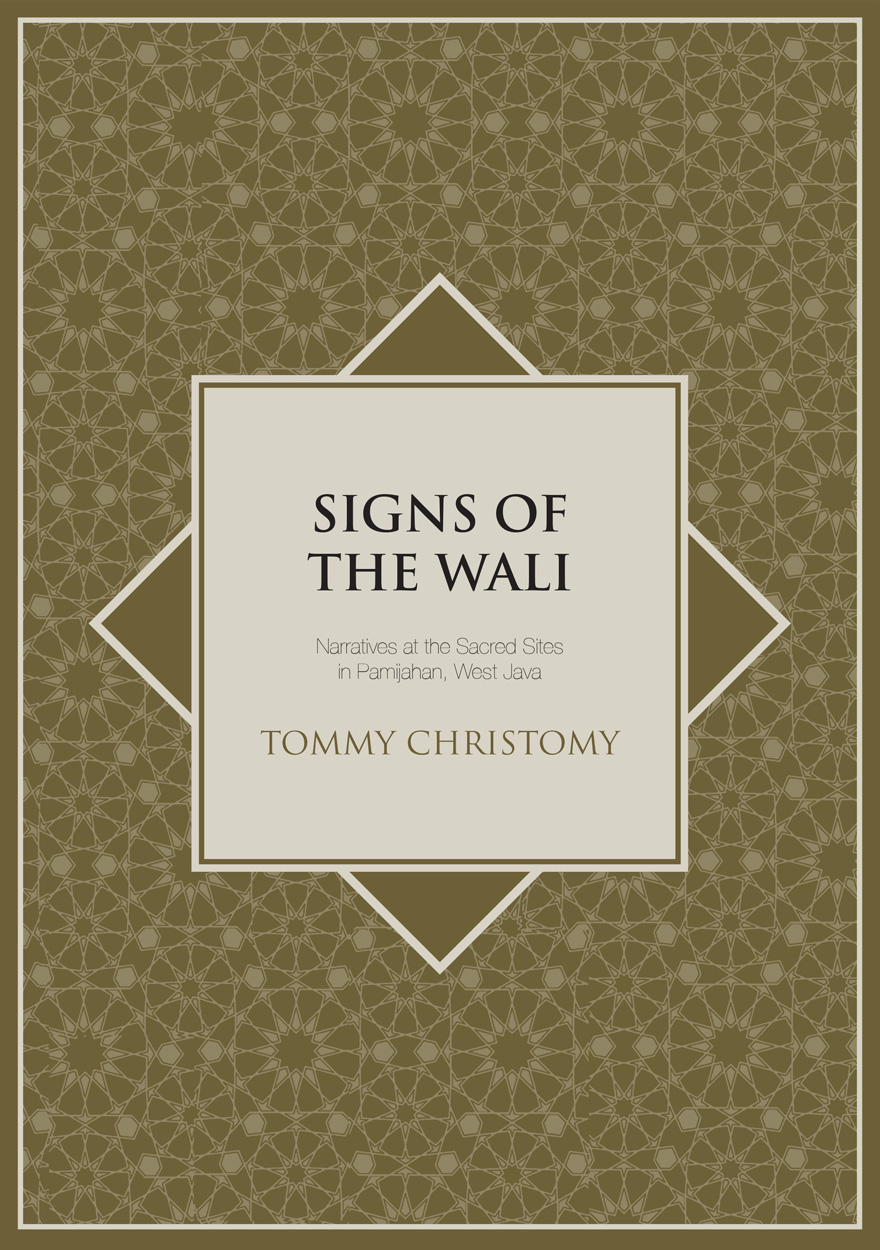
Signs of the Wali »
Narratives at the Sacred Sites in Pamijahan, West Java
Authored by: Tommy Christomy
Publication date: April 2008
In Signs of the Wali, Dr Tommy Christomy focuses on the one of the early founders of Islam on Java, Shakyh Abdul Muhyi, whose burial site at Pamijahan in Tasikmalaya is a place of contemporary ziarah. This study initially conceived of as a philological exploration of historical manuscripts has been transformed into a study of ‘living manuscripts’ – the contemporary narratives of the custodians at Pamijahan.
As elsewhere in the Islamic world, tarekat and ziarah intersect in popular practice at Pamijahan. Dr Christomy explores this intersecting world, explaining the steps of his own research investigations that enfold as a journey of discovery as he proceeds. This investigation involves the search for traces of Tarekat Shattiriyyah in Pamijahan, given the pervasive presence of Tarekat Qadirriyah-Nashabandiyyah throughout Tasikmalaya. That Tarekat Shattiriyyah survives to this day is itself evidence of the tenacity that its historical roots have established in a particular place.
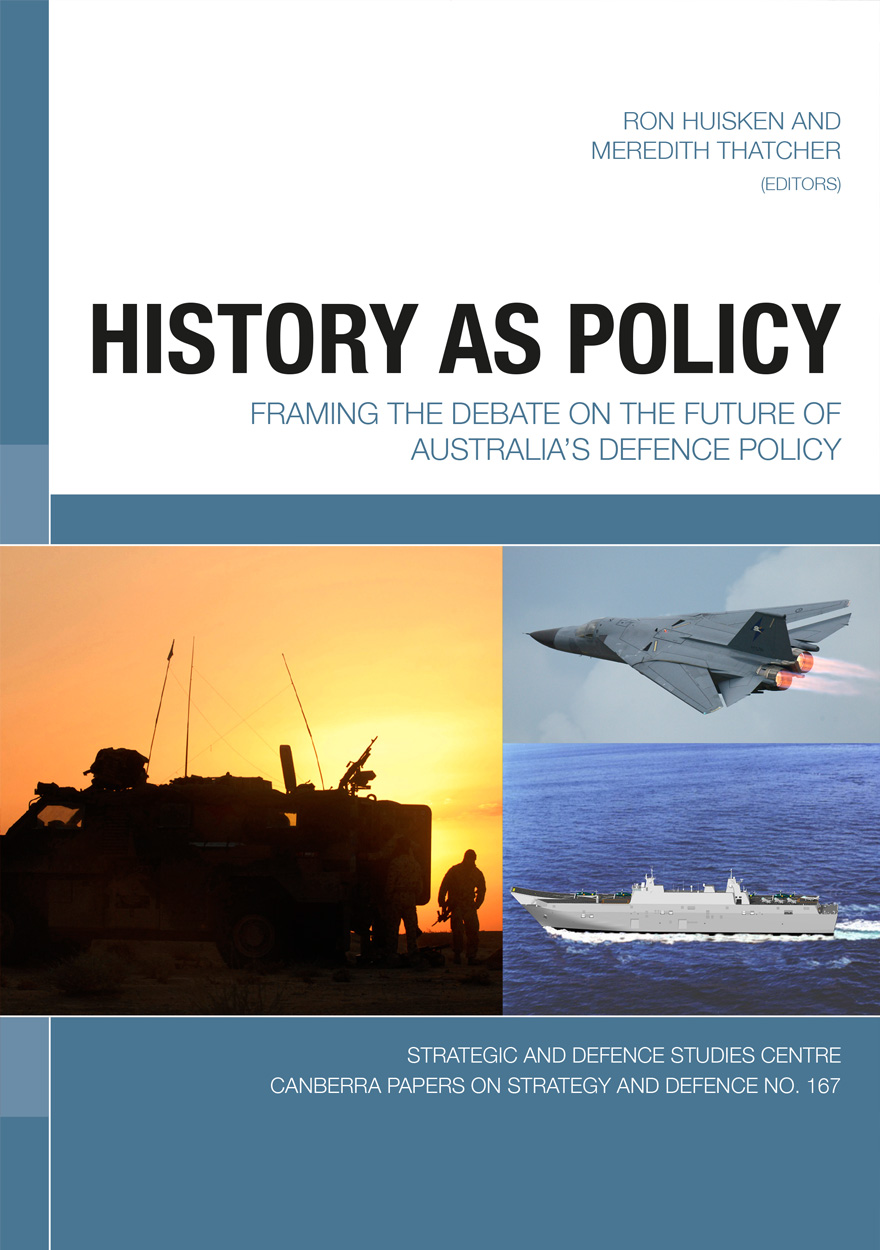
History as Policy »
Framing the debate on the future of Australia’s defence policy
Edited by: Ron Huisken, Meredith Thatcher
Publication date: December 2007
The fortieth anniversary of the Strategic and Defence Studies Centre’s founding provided the opportunity to assemble many of Australia’s leading analysts and commentators to review some of the more significant issues that should define Australian defence policy.
In the first 20 years after its establishment, SDSC scholars played a prominent role in shaping the ideas and aspirations that eventually found official expression in the 1987 Defence of Australia White Paper. This policy sustained a coherent balance between strategy, force structure and budgets for well over a decade. In recent years, however, the cumulative effects of the end of the Cold War and watershed events like the East Timor experience; the attacks on New York and Washington, D.C., in September 2001; the Bali bombings in October 2002; and the invasion of Iraq in March 2003 have fractured the former consensus on defence policy. These developments have eroded acceptance of the core judgements underpinning defence policy. This has led to a more tenuous connection between some recent major equipment acquisitions and declared policy.
The unravelling of the consensus on the ‘defence of Australia’ policy means that we must again undertake a balanced, long-term assessment of the nature of Australia’s strategic interests. Only by doing so can we determine the kinds of armed forces that would contribute most effectively to protecting those interests. The papers collected in this volume are not informed by a common view of where Australia should focus its defence policy, but all address themes that should figure prominently in this difficult but essential task.

Myanmar »
The state, community and the environment
Edited by: Monique Skidmore, Trevor Wilson
Publication date: October 2007
Despite deteriorating economic and developmental conditions, worsening environmental problems, and troubles arising from the unresolved status of its ethnic minorities, Myanmar seems no closer to a political resolution. Myanmar’s economy continues to stagnate, with severe implications for its people. Low levels of international assistance have exacerbated the situation.
Myanmar—the state, community and the environment examines the missed opportunities by government and opposition groups to find a way out of the political impasse and improve the standard of living of the people of Myanmar.
This collection provides insights into the country’s economic development, in particular the vital rice-marketing sector and the attempts to expand existing industrial zones. It focuses, for the first time, on Myanmar’s environmental governance with in-depth case studies, and on the increasing need for effective environmental protection and sustainability.



